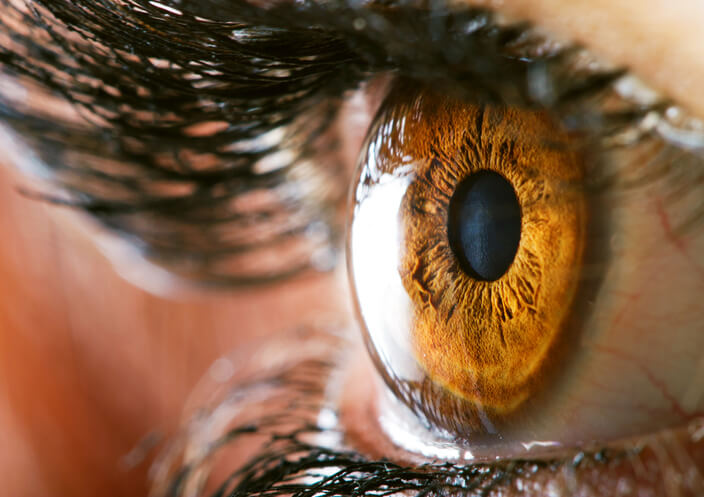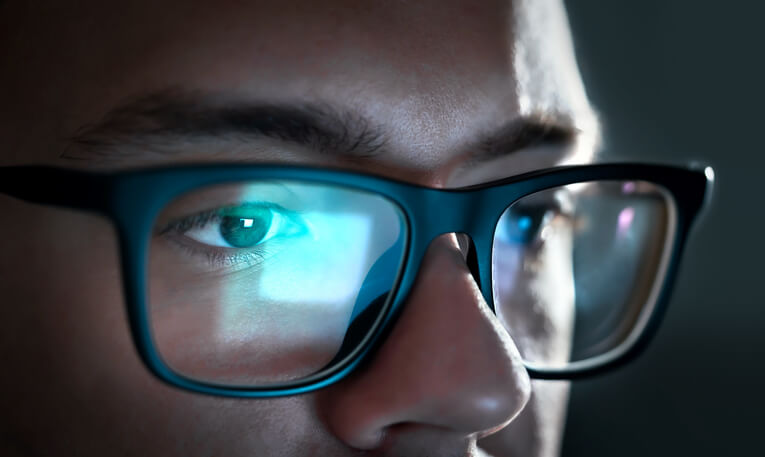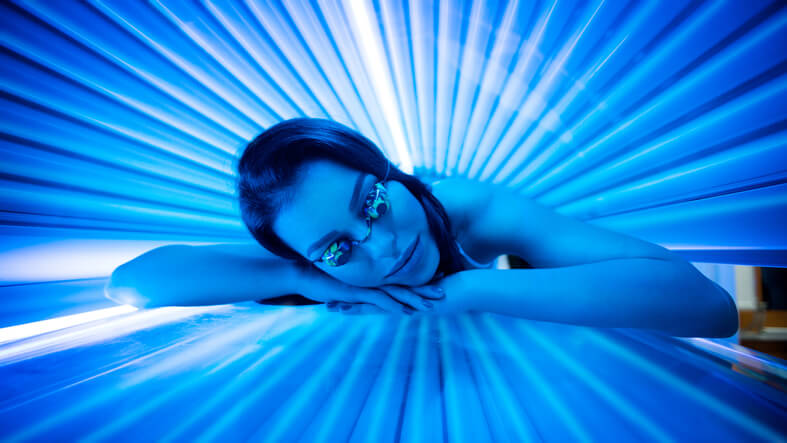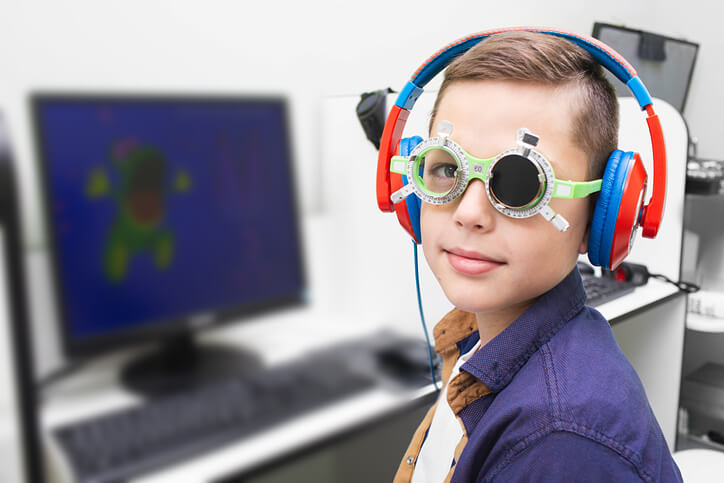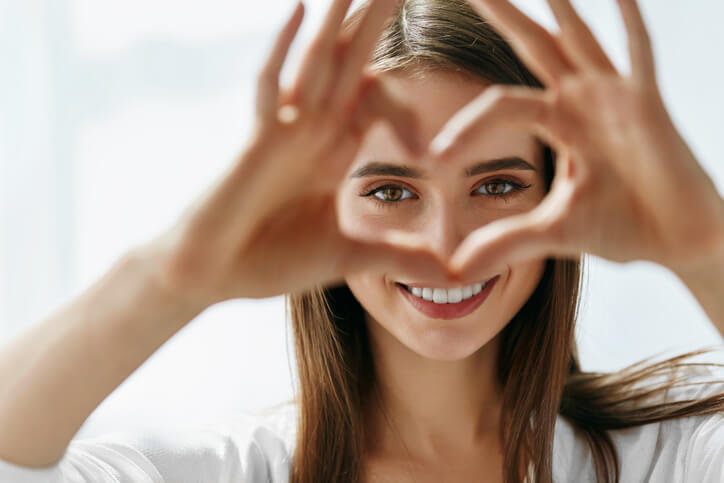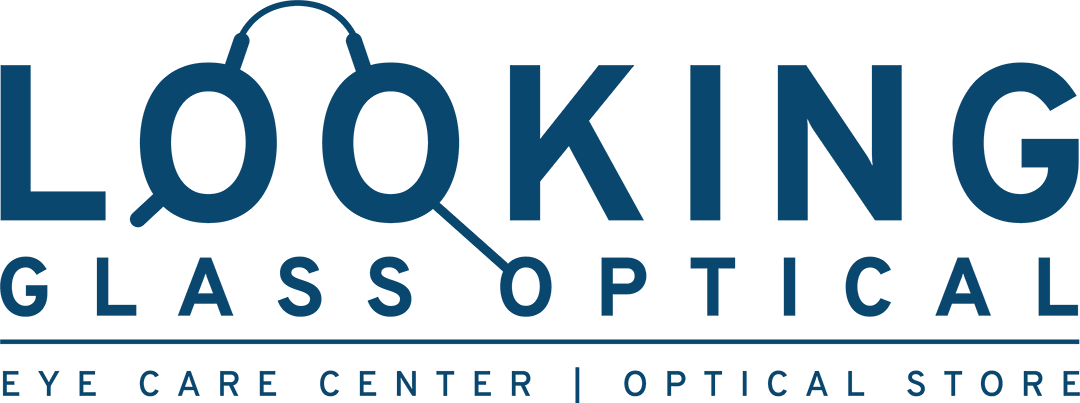Studying is an important part of learning at any education level, but so is your eye health. Study sessions, whether you are spending time in front of digital screens or poring over a book you’ve checked out from the library, can damage your eyes. Finding ways to take care of your eyes while still getting in your study hours can help you be successful in school while also saving your eyes from unnecessary strain.
Read more →For some patients, coming to terms with changes in their vision can be difficult. Not being able to see without the assistance of glasses or contact lenses can feel frustrating, particularly for younger children. If you suffer from myopia or astigmatism, you’ve probably dreamed of waking up and being able to see like everyone else. Here at Looking Glass Optical, we want to make that dream a reality. If you’re interested in a lens-free lifestyle, we recommend considering corneal reshaping therapy.
Read more →Do you struggle with frequent headaches that relate to your vision? Migraines are one type of headache that can hit behind the eyes and cause vision changes. An ocular migraine is a specific type of headache with unique symptoms that affect your field of vision. Learn more about these migraines and how to prevent them in this short guide!
Read more →There’s a reason why your parents told you not to sit too close to the TV screen. When most of your day consists of looking at digital screens, like televisions, computers, and cellphones, it takes a real toll on your eyes. Computer vision syndrome, or digital eye strain, is a condition in which you may experience headaches, dry eyes, blurred vision, and shoulder pain from constantly looking at digital screens. The condition can wreak havoc on your quality of life and cause several uncomfortable symptoms. Read on for a few ways to prevent digital eye strain so you can keep your peace of mind.
Read more →Tanning beds一they were once a miraculous piece of technology that enabled even the most sun-deprived person to keep a golden tan. Today, they have become so commonplace you may have forgotten what it was like to only have a tan in summer. You may also have forgotten that the intense ultraviolet rays used for tanning come with certain health risks. Before you slip into that bronze glow, make sure you follow proper precautions, including tanning bed eye safety.
Read more →You’ve got your hat, gloves, scarf, and boots to protect you from the harsh winter elements, but what’s protecting your eyes? Winter weather can strain your eyes, causing discomfort and affecting your vision. During the colder months, the air is dry, and the glare from sunlight reflecting off snow can overexpose your eyes to ultraviolet light. So before you hit the slopes or head out to shovel the walk, take a few minutes to think about winter eye safety.
Read more →Amblyopia is the technical term for a condition that most parents know as “lazy eye.” This condition is one of the most common eye problems, with amblyopia in kids affecting nearly one out of every hundred children. As a parent, you might not understand what lazy eye is, how it affects kids, why it happens, or what you can do about it. Here are some of the things that you might need to know!
Read more →Your cardiovascular system is definitely a contender as one of the most important systems in your body. Cardiovascular health affects every aspect of your life, but did you know that there’s a clear connection between heart health and eyes? Early warning signs in your eyes could let you know about potential heart issues sooner. Here are some of the top things to watch for!
Read more →Some amount of deterioration is expected as we age. It’s normal to lose bone density and muscle mass as well as have some sagging and wrinkles. You might not be able to stay up all night and function the next day as you did in your youth, or you might have to give up spicy foods. Unfortunately, some sensory deterioration is also expected. That said, there are things you can do to maintain bone and muscle strength and minimize the progression of lines and wrinkles, and in many cases, you can also stave off vision loss as you age. According to the National Eye Institute, a division of the National Institutes of Health (NIH), the risk for eye disease increases with age, but there are steps you can take to prevent vision loss. The first thing you need to do is understand the most common eye issues related to aging.
Read more →Many sports entail some risks for participants. These days, you might be more worried about the eye strain caused by blue light exposure due to the many hours that kids spend engaged with technologies like TV, video games, computers, and mobile devices. The risk for eye injury in sports also bears consideration, though. The easy solution is to make sure your children have proper eye protection for the sports they love. In some cases, they may need different options for different activities, but the benefits make having the right eye protection on hand well worthwhile.
Read more →

